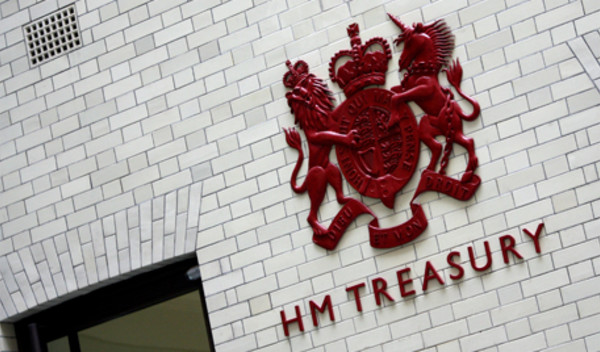

The government has confirmed it will move ahead with the planned cut to the money purchase annual allowance, ignoring the industry's near-unanimous opposition to the policy.
In its response to submissions, released yesterday (20 March), HM Treasury revealed anyone who had accessed their pension flexibly since pension freedoms came in two years ago will now be subject to a £4,000 a year annual allowance.
Currently the limit is £10,000 a year.
HM Treasury's response came out just two weeks before the new rules are due to come into force.
The short paper gave no ground to industry criticisms of the policy.
"The government does not believe that a £10,000 money purchase annual allowance (MPAA) is appropriate and consultation responses have not provided evidence that changes this view," HM Treasury stated.
"From 6 April 2017, the MPAA will apply at the level of £4,000. This will apply to anyone who has already accessed savings flexibly, or does so in the future, irrespective of when that occurred."
The government rejected claims that it was unfair to apply the new MPAA to people who had accessed their pensions on the assumption they would be limited to £10,000 a year.
"The government accepts that some individuals may have planned to contribute up to £10,000 a year, but the number in this group is small.
"Median defined contribution contributions are less than £3,000 for men aged 55 plus and less than £2,000 for women in the same age group."
It claimed applying different MPAAs would be "disproportionately complex".
HM Treasury also rejected claims the new allowance would disproportionately affect certain groups, such as people who had been made redundant, bankrupts and divorcees.
It also rejected claims the rule would unfairly affect people on average incomes but unusually generous workplace pensions.
"By 2019, the required contribution will have risen to 8 per cent and where contributions are made at this rate, only individuals with pensionable earnings greater than £50,000 (actual earnings may be higher) would be impacted by the reduced MPAA.
"Average earnings are currently around £28,000," HM Treasury stated.
The response also dismissed concerns that the new rule unfairly penalised defined contribution over defined benefit scheme members.
Ian Browne, retirement planning expert at Old Mutual Wealth, said the government was "determined to forge full steam ahead leaving us with another example of a policy that needed more time for careful thought".
"There are other ways to minimise recycling and the government also acknowledged this in their response," he said.
"However, they said to abandon the MPAA now and consider a new approach would require too many new processes and its simpler to just keep the MPAA.
"It seems they’ve decided to go down an easier route, even if it’s not the right one, instead of taking time to properly consider alternative routes."
Gareth James, head of technical resources at AJ Bell, said: "The chances of the government performing another policy u-turn were always slim but it is still disappointing that the MPAA cut is going ahead.
"It flies in the face of the pension freedoms, where people are being encouraged to use their savings flexibly and yet when they do so they are punished with a drop in their annual allowance from £40,000 to £4,000.
"The change is now just 17 days away so companies are going to have to think quickly about how they communicate with hundreds of thousands of customers who have been told they have a MPAA of £10,000. Some of these people are going to have to quickly rethink their pension planning for next year."
james.fernyhough@ft.com



